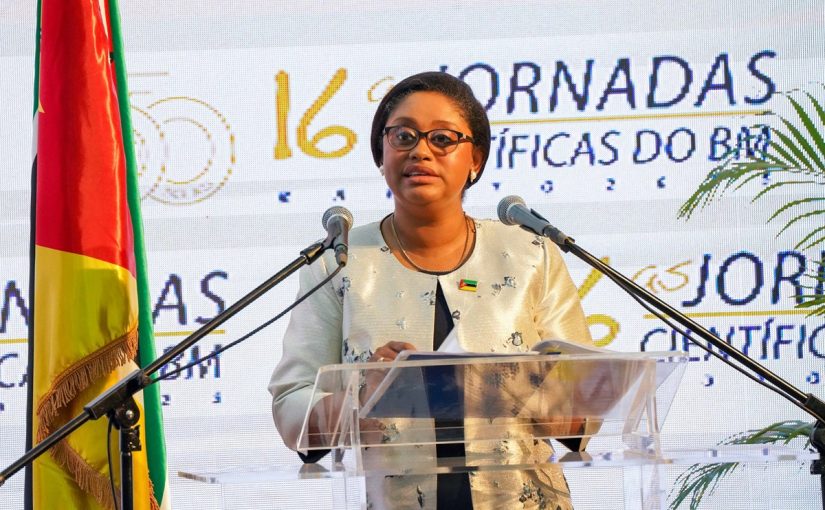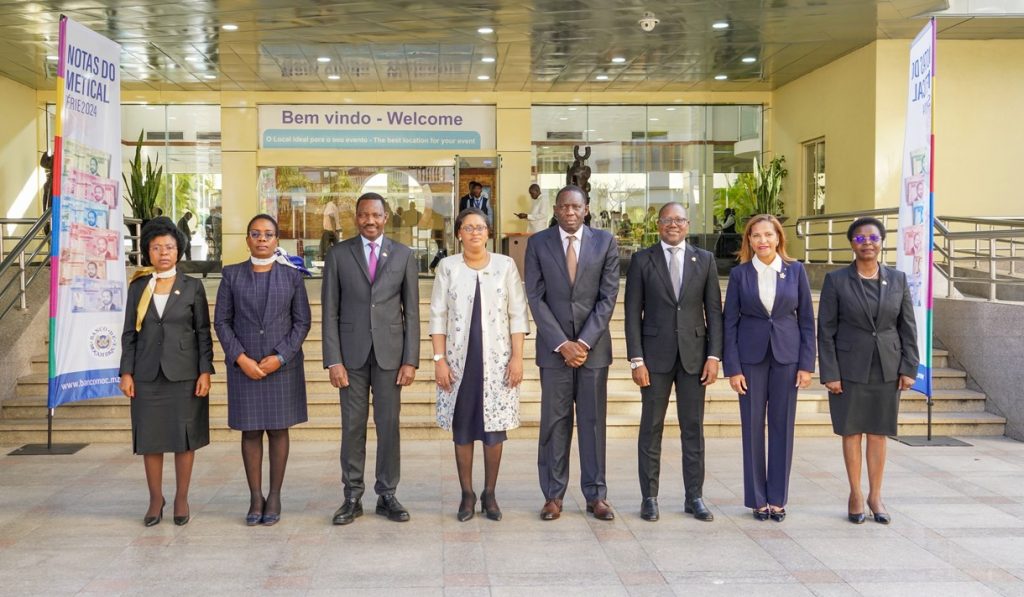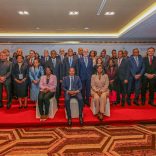CPLP Supreme Audit Institutions call for evaluation of public policies in critical sectors
Mozambique: Government wants gradual, calibrated capital account liberalisation

Photo: Banco de Moçambique
The Mozambican government advocates a gradual and calibrated liberalisation of the country’s capital account for international transactions, so that the measure does not penalise national accounts, the minister of finance said on Monday.
“It is our conviction that the liberalisation of the capital account must be gradual and carefully calibrated, taking into account the specifics of our economy, the robustness of the financial system and the risks associated with the volatility of capital flows,” said Carla Loveira, speaking at the opening of the 16th Scientific Conferences of the Bank of Mozambique in Maputo.
The capital account, the theme of these conferences, in the context of the balance of payments, refers to international transactions of non-financial assets and capital transfers, such as debt forgiveness or subsidies for capital projects.
The minister recalled that Mozambique had already approved, in December 2022, the revision of the Foreign Exchange Law to “improve the flexibility of the foreign exchange market through the gradual removal of restrictions on the capital account, thereby contributing to the flexibility of capital movements between Mozambique and the rest of the world”.
“We recognise that the gradual liberalisation of the capital account has contributed positively to the domestic economy by attracting foreign investment, diversifying sources of financing and increasing efficiency in the allocation of capital, as well as strengthening macroeconomic stability in Mozambique,” said the minister.
Carla Loveira added that “to ensure the sustainability of the benefits of capital account liberalisation”, it is necessary to continue promoting the implementation of economic and financial policies focused on “consolidating macroeconomic stability, embodied in sustainable public finances, low and stable inflation and exchange rate stability” and on “institutional strengthening, based on balanced regulation, financial supervision and improved exchange control mechanisms”.
“And thirdly, in strengthening the coordination of fiscal, monetary and exchange rate policies, to better refine the expectations of economic agents in our economy and in the international market”, the minister stressed.
However, she added that “despite the benefits of capital account liberalisation”, vigilance is needed to overcome the challenges in this area.
“The volatility of capital flows, characterised by gross capital inflows and outflows, can amplify financial instability and compromise the efficiency of fiscal and monetary policies. And the exchange rate risk of pressure on international reserves, since liberalisation increases exposure to external shocks, requiring prudent and active management to mitigate risks,” she warned.
In addition, she acknowledges that “it is essential that the process of capital account liberalisation be conducted in full compliance with the challenges posed by the prevention and combating of money laundering and terrorist financing” in order to “ensure that the national financial system becomes increasingly credible, resilient and aligned with international best practices, establishing itself as a benchmark at regional and global level”.
“Therefore, capital account liberalisation cannot be an end in itself. It must be part of a broader strategy of economic transformation, increased national productivity, export diversification and strengthening of international reserves,” the minister concluded.














Leave a Reply
Be the First to Comment!
You must be logged in to post a comment.
You must be logged in to post a comment.